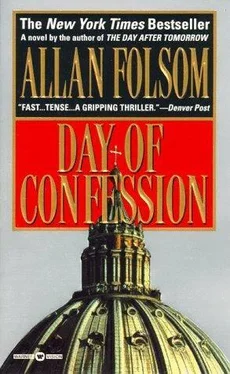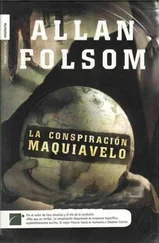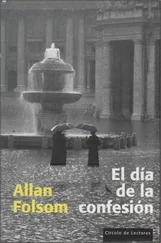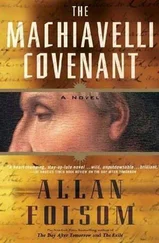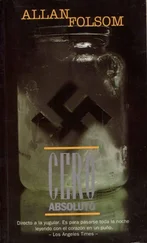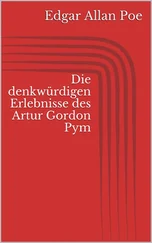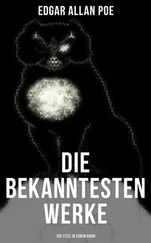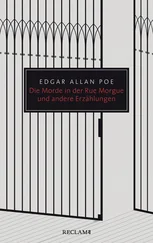'I'm – sorry-' she managed, letting her head fall against his shoulder.
'It's all right,' he said again. ' We're all right, all of us.'
Looking back toward the water, Harry could see Danny huddled on the rock ledge watching him. Yes, they were all right. But for how long? And what to do next?
Rome. Ambasciata della Repubblica Popolare Cinese In Italia – Embassy, People's Republic of China. Still Tuesday, July 14. 2:30 p.m.
The dark Cadillac limousine turned onto Via Bruxelles and drove past the nineteenth-century stone wall surrounding the grounds of the old Parco di Villa Grazioli, now a subdivision of apartment buildings and large private residences. The limousine slowed as it approached an armored carabinieri car backed across the sidewalk. Farther down was another. In between was number 56. Turning in, the Cadillac stopped in front of a high green gate. A moment passed and then the gate slid back and the limousine entered, the gate closing again behind it.
Moments later United States ambassador to Italy Leighton Merriweather Fox walked up the front steps to the four-story, beige brick-and-marble structure that was the Embassy for the People's Republic of China. With him were Nicholas Reid, deputy chief of Mission; Harmon Alley, counselor for Political Affairs; and Alley's first secretary, James Eaton.
Inside, the mood was somber. Eaton saw Fox bow and shake the hand of Jiang Youmei, Chinese ambassador to Italy. Nicholas Reid did the same with Foreign Minister Zhou Yi, while Harmon Alley waited in turn to meet deputy Foreign Minister Dai Rui.
The topic among them, the discussion in every corner of the large light-green-and-gold reception room, was the same, the disaster in the Chinese city of Hefei, where the death toll from polluted drinking water had risen to a horrific sixty-two thousand and was still increasing.
Health officials had no estimate of where or when it would end. Seventy thousand. Eighty. No one knew. The filtration plants had been shut down. Fresh water was being flown, railroaded, and trucked in. But the devastation had already been done. The Chinese Army was on scene but was overwhelmed by the immensity of the task, by the most rudimentary logistics of dealing with so much sickness and death. And despite attempts at media control by Beijing, the whole world knew what was happening.
Leighton Merriweather Fox and Nicholas Reid were there to offer condolence and aid. Harmon Alley and James Eaton to assess the politics of the situation. It was the same worldwide: ranking diplomatic officials visiting the Chinese Embassy in the country to which they were assigned, offering help on one hand, assessing the political implications on the other. The speculation was whether Beijing was capable of safeguarding its people, or whether the fear that a simple drink of water could kill you, your family, and thousands of your neighbors in a single stroke would be enough to cause the provinces to pull away, choosing to rely upon themselves instead. Every foreign government knew Beijing was hovering on the precipice. The central government might weather Hefei, but if the same thing happened again anywhere else in the country, tomorrow, next week, or even next year, it would be the clap of thunder that would leave the People's Republic on the verge of total collapse. It was a nightmare every foreign government knew was China's deepest and most profound fear. Water had suddenly become her greatest weakness.
Which was why, in the name of human suffering and tragedy, the diplomats were gathered here at number 56 Via Bruxelles and in Chinese embassies around the world, hovering to see what would happen next.
Bowing politely, taking a cup of tea from a tray proffered by a young Chinese woman in a gray jacket, Eaton made his way across the crowded room, stopping now and then to take a familiar hand. As first secretary for Political Affairs, his presence here was not so much to offer sympathy to the Chinese, but rather to determine who else was there and doing the same. And now, as he chatted with the counselor for Political Affairs from the French Embassy, there was a stir at the main entry, and both men turned toward it.
What Eaton saw was not unexpected: the entrance of Vatican Secretariat of State Cardinal Umberto Palestrina, dressed in his emblem simple black suit with white clerical collar, and followed immediately by three others of the Holy See's ranking nobility, wearing their robes of office – Cardinal Joseph Matadi, Monsignor Fabio Capizzi, and Cardinal Nicola Marsciano.
Almost immediately the din of conversation faded, and diplomats stepped aside as Palestrina approached the Chinese ambassador, bowed, and took his hand as if they were the oldest and dearest of friends. That relations between Beijing and the Vatican hardly existed made little difference. This was Rome, and Rome represented nine hundred and fifty million Roman Catholics around the world. It was those millions Palestrina and the others represented in the name of the Holy Father. They were here now to offer sympathy to the people of China.
Excusing himself from the French diplomat, Eaton crossed the room slowly, watching Palestrina and the clergymen with him as they talked with the Chinese. Watching with even greater interest as the group of seven left the room together.
This was the second public interaction between the Vatican and ranking diplomats from China since the assassination of Cardinal Parma. And more than ever, Eaton wished Father Daniel Addison were there to tell him what it meant.
Trying to keep his sanity and at the same time praying to God to show him some way to stop the horror, Marsciano entered the small pale-green-and-beige parlor and sat down with the others – Palestrina, Cardinal Matadi, Monsignor Capizzi, Ambassador Jiang Youmei, Zhou Yi, and Dai Rui.
Palestrina was directly across from him, sitting in a gold-fabric armchair, speaking Mandarin to the Chinese. Every part of him, from the plant of his feet on the floor to the look in his eyes to the expressive way he used his hands, conveyed heartfelt empathy and vast concern for the tragedy playing out halfway around the world. He made his entire outpouring intimate and very personal, as if he were saying that if it were at all possible, he would go to Hefei and minister to the sick and dying himself.
Suddenly, and for the first time since she'd been in the hospital room in Pescara listening to the sound of Danny's breathing over the intercom, she was becoming sexually aroused. The night was still thick with heat, and she had taken off her habit and lay naked under the sheets. And now, as the feeling increased, she began to feel a warmth move through her. Reaching up, she touched her breasts.
Again she saw Harry step out of the cave, felt his eyes on her. In that moment she knew her feelings of wanting to be a woman in the fullest sense, wholly and physically, were real; the difference was, she was no longer afraid of them. If God had been testing her, it was not so much that He was challenging her inner strength or her spoken vows of chastity and obedience, but instead, helping her search for herself. Who she really was and wanted to be. And maybe that was the why of all this. And why Harry had come into her life. To once and for all help her make that decision. His presence and manner alone touched her in a way she had never before experienced. It was tender and fresh and reassuring and somehow lifted the guilt and sense of isolation her feelings had always brought her. It was like opening a door and finding that on the other side, life was safe and joyous and that it was all right to be alive, with the same passions and emotions other people had. That it was all right to be Elena Voso.
Читать дальше
